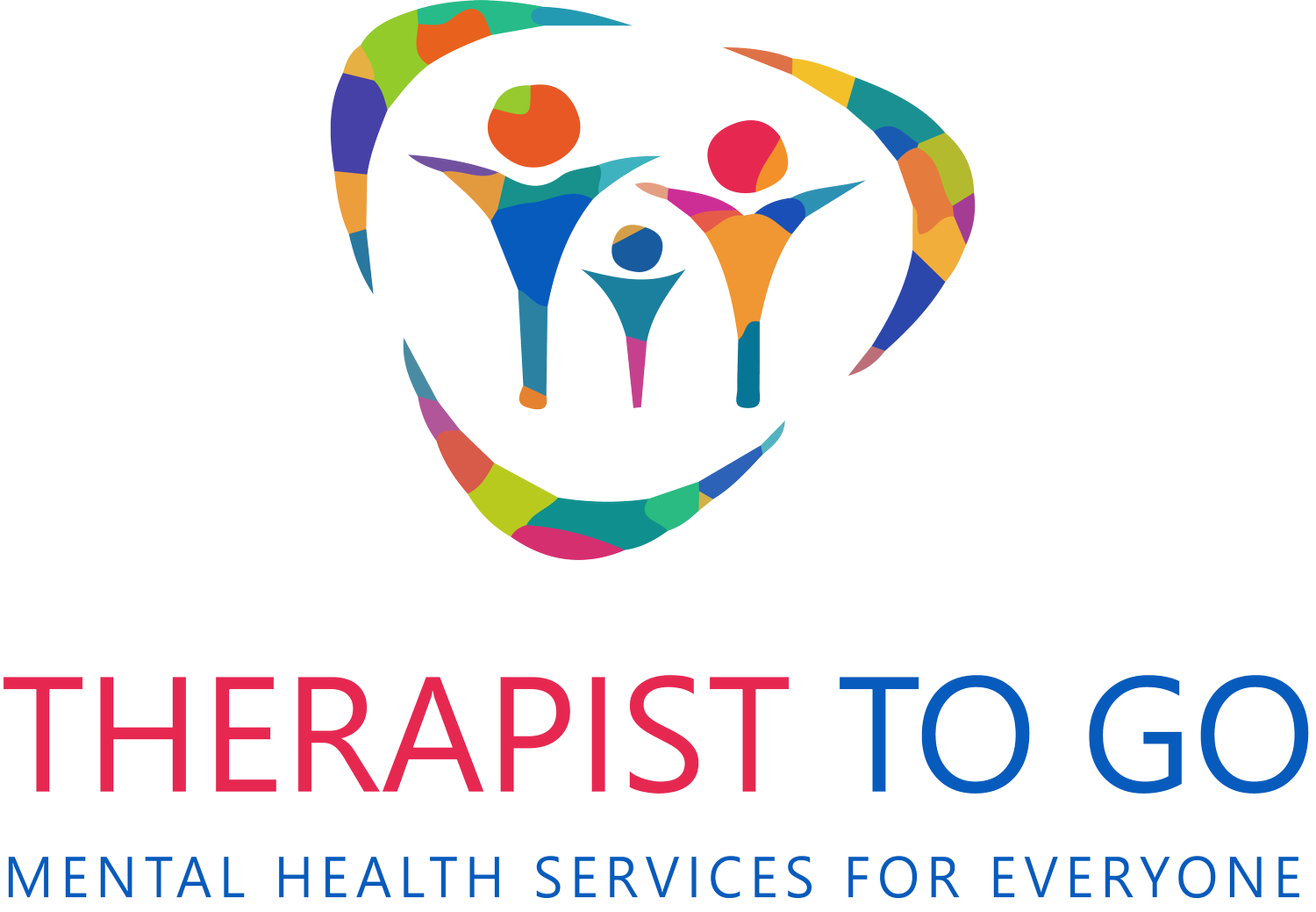In my last blog, I talked to you about the importance of having a personal “Mission Statement” when it comes to your self-improvement. After all, until you know and name exactly what it is you want to improve, you can’t make a solid, lasting plan.
So, by now, I hope you’ve committed your Mission Statement to paper, so that you can refer to it and build on it in just a few minutes.
But, first, I want you to consider this: Why, in the past, have you been unable to improve?
After all, if you’re like most people, including me, you’ve made yourself all types of promises:
“I’m going to yell less, organize my house, cut off toxic people, spend quality time with my loved ones, get control of my finances, limit my phone addiction, and get healthy.”
Sound familiar? Of course it does. How do I know? Because wanting to get better—and then even better than that—is how we’re made. It’s part of the human condition.
But, what happens most of the time? I’m sure I don’t even have to tell you.
We either never start down the right path, or we start something that we not only don’t finish, but also backfires?
And then here come the negative thoughts, right? “I can’t do this,” “I always fail,” “That was a waste of time and money,” “Some people are just meant to be heavy, poor, and out of shape, and I’m one of them,” and “Why do I even try?”
I get it. I’ve lived, it too.
But here’s what’s different now. A. You have a realistic plan/”Mission Statement”, and B. This time, you are not just going to change what you do, but how you think. You are going to HEAR and observe your inner voice putting yourself down or telling you to go ahead and just have that one cookie, cigarette, or game of Candy Crush, but you’re not going to LISTEN TO IT. You’re going to tell it gently, but firmly to “shush.” Then you are going to replace that bad stuff with some healthy and positive thinking.
Ok, look at your “Mission Statement” and I’ll show you how.
Underneath it, I want you to write down every single thing you can think of that you’ve told yourself in the past that has stood in the way of your success. For example, if your objective is and has been weight loss, your list might look something like this:
“I’ll start on Monday.”
“I’ll start after vacation.”
“I’ll start after such and such big event or party.”
“I’ll start after the holidays.”
“It’s okay if I treat myself today because I’ll get right back on track tomorrow.”
“It’s okay if I treat myself today because I’ll just eat less tomorrow.”
“I’ve heard of a great new plan and I want to hear more about that before I start.”
“I have to cook for my family, so there’s no way I can be the only one watching my calories.”
“I have no time to cook, so eating out is fattening.”
“I can’t start now because this is truly a stressful time.”
“It’s in my genes.”
“Diet food is expensive.”
“It’s not like I’m looking be attractive and meet a mate anyway.”
“How am I supposed to exercise on top of the diet?”
Etc.
Do that for yourself, please.
Now, I want you to go back and re-read that list. What does it look like? Does it look like rational reasons or does it look more like excuses or unrealistic promises to yourself?
Next to each of your statements, I now want you to write down next to them, why each of these is not a legitimate excuse. I know you know the reasons.
For example, for
“I have no time to cook,” you might say, “I can make time to cook by spending less time social media or by waking up early.”
Next to
“Diet food is expensive,” you might say, “There are all kinds of sales on healthy food, eating out is actually more expensive, and not being healthy is the most expensive thing ever—emotionally, physically, and financially.”
You get the idea.
That, right now, is all I’m asking you to. You’re getting your brain ready for changes, and we’ll talk more next steps in my next blog.
Stay tuned and thanks for reading. You’re on your way!
Dr. Jessica
Counseling
in the Privacy and Convienence of Your Home.
305-431-2162
Counseling in the privacy and comfort of your home
Your Custom Text Here
